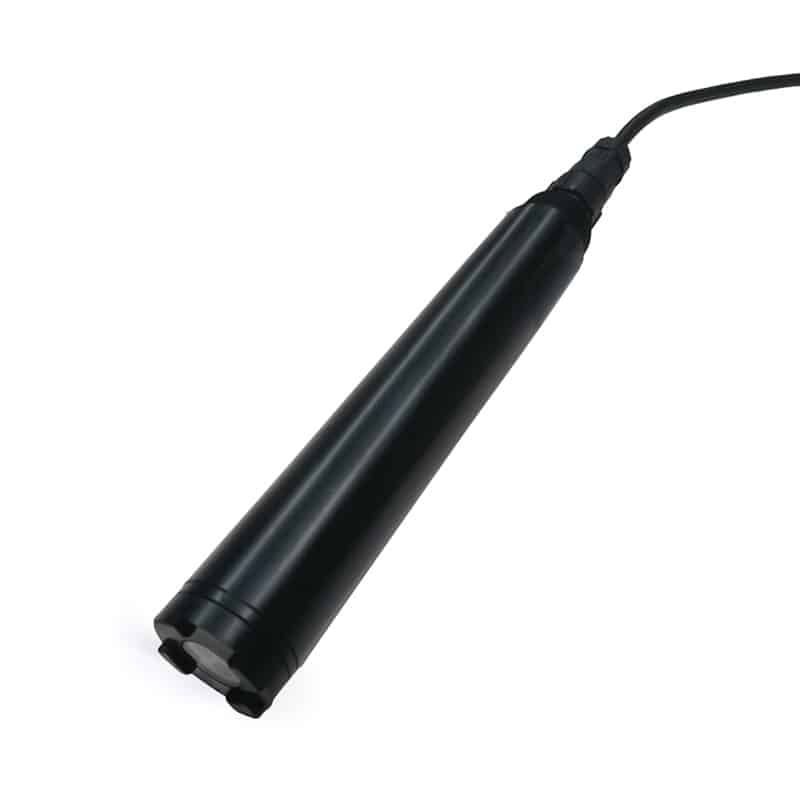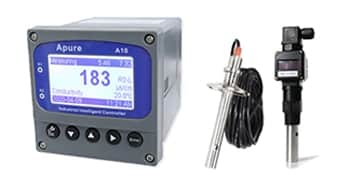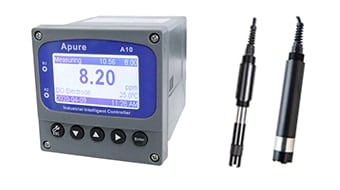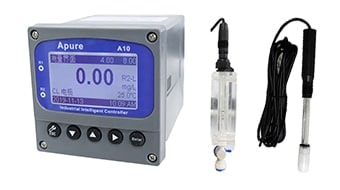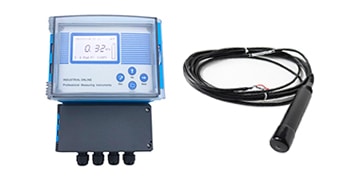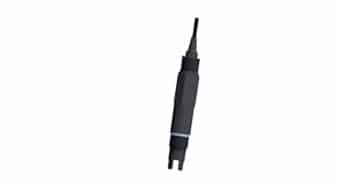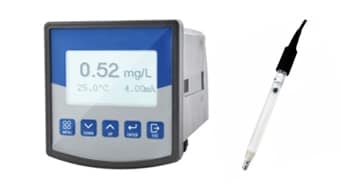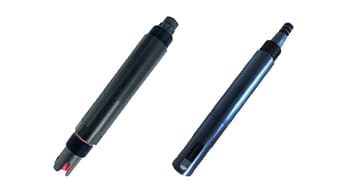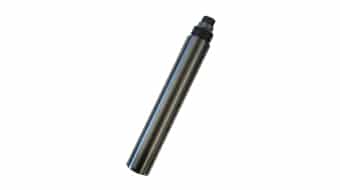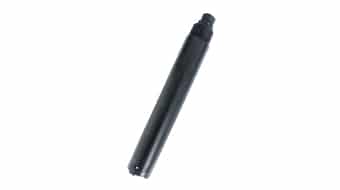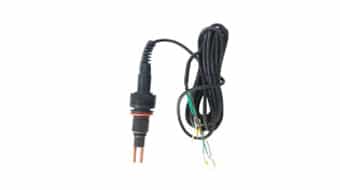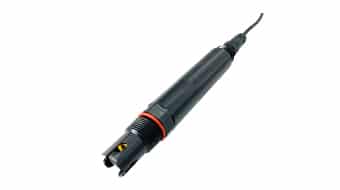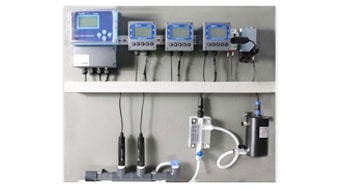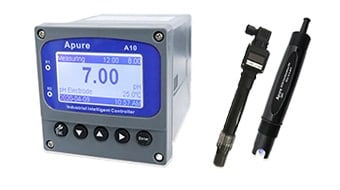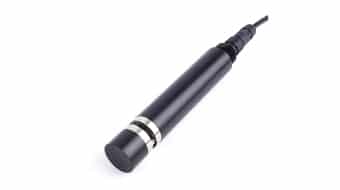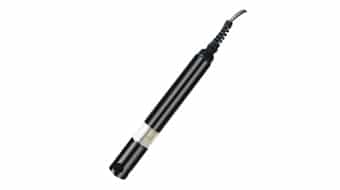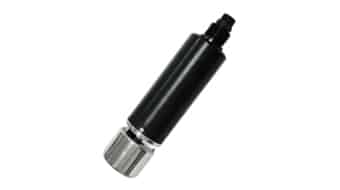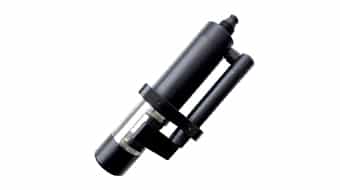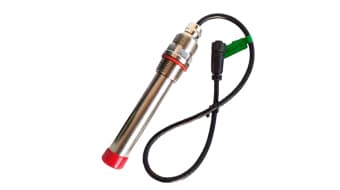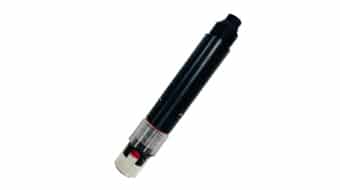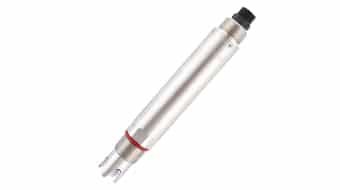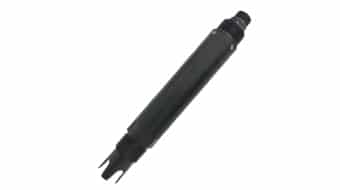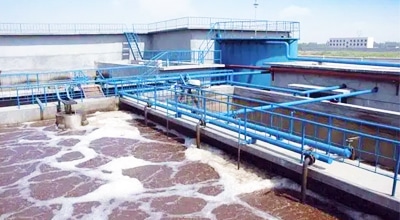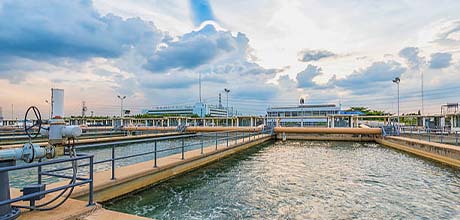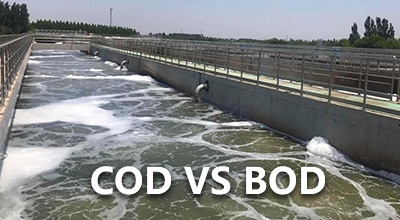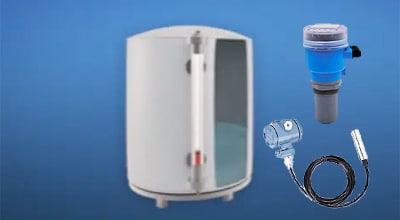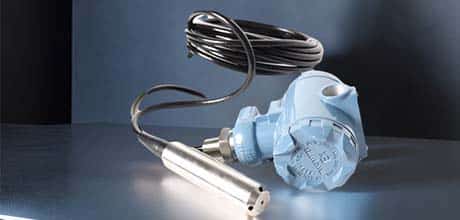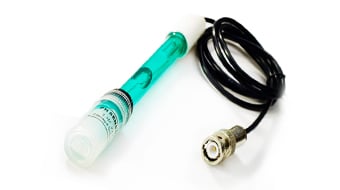Oil In Water Sensor
Apure oil in water sensor is a non-contact sensor that detects oil in water in real time. It uses the natural fluorescence of oil to detect anything from marine diesel to vegetable oil to jet fuel and alerts you immediately.
Oil detection is an important factor in a very wide range of industries. We offer equipment for monitoring borehole water down to ppb levels. We can also provide equipment for detecting oil slicks in surface water. Applications include airport runoff, boiler condensate and drinking water inlet protection.
Oils and hydrocarbons are often a major component of a variety of products, from fuels to solvents to the many chemicals used in industry during processing. In industrial production, some of these hydrocarbons, oils and solvents can leak into sewers or, worse, directly into the environment. Similarly, domestic and agricultural fuel storage can lead to accidental spills into waterways and aquifers.
In the oil industry, one ton of oil spilled can quickly spread over an oil slick covering an area of approximately 10,000 sq. m. The Apure over-water oil sensor is carefully calibrated to detect oil and minimize false alarms. The average thickness of an oil slick is 0.1 mm, and our sensors can detect some oil as little as 0.001 mm.
Oil in water analyzers can be useful by giving early warning of problems as they occur.
Principle of oil in water sensor
The oil in water sensor works by utilizing the fluorescent properties of oil to UV light. When UV light hits the oil, it fluoresces. The photodetector of an oil in water sensor measures the intensity of this fluorescence, which is proportional to the amount of oil in the water.
Specifically, an oil in water sensor typically consists of the following components:
- UV Light Source: A lamp that emits UV light.
- Optical Window: Directs the UV light into the water.
- Photodetector: Measures the fluorescent intensity of the oil.
- Signal Processing Circuit: Converts the output of the photodetector into an electrical signal that is proportional to the amount of oil in the water.
The specific steps of the oil in water sensor are as follows:
- The ultraviolet light source emits ultraviolet light.
- The UV light shines through an optical window into the water.
- The oil in the water absorbs the UV light and emits fluorescence.
- A photodetector measures the fluorescence intensity of the oil.
- A signal processing circuit converts the output of the photodetector into an electrical signal that is proportional to the amount of oil in the water.
The sensitivity of an oil in water sensor depends on the intensity of the light source, the transmittance of the optical window, and the sensitivity of the photodetector. Sensors with higher sensitivity are able to detect lower levels of oil in the water.
Oil in water sensors can also be designed to measure specific types of oil. For example, some sensors use a specific wavelength of UV light to detect aromatic hydrocarbons, while others use a different wavelength of UV light to detect aliphatic hydrocarbons.
Application
Sensors pinpoint pollution day or night, on land or water, and at all temperatures.
Industry applications
- Oil and Gas Extraction: During oil and gas extraction, crude oil can leak into water. Oil in water sensors are used to monitor these spills and ensure compliance with environmental regulations.
- Industrial Wastewater Treatment: Many industrial processes produce wastewater containing oil. Oil in water sensors are used to monitor this wastewater and ensure proper treatment before it is released into the environment.
- Ship Transportation: Ships discharge large amounts of oil into the ocean. Oil in water sensors are used to monitor these discharges and ensure compliance with international regulations.
- Environmental Monitoring: Oil in water sensors are used to monitor levels of oil pollution in bodies of water such as rivers, lakes and oceans.
Oil detected by sensors
- The oil
- Turbine oil
- Vegetable oil
- Fuel oil
- Marine diesel
- Crude oil
- Heating oil
- Lubricating oil
- The hydraulic oil
- Gas oil
- Mineral oil

